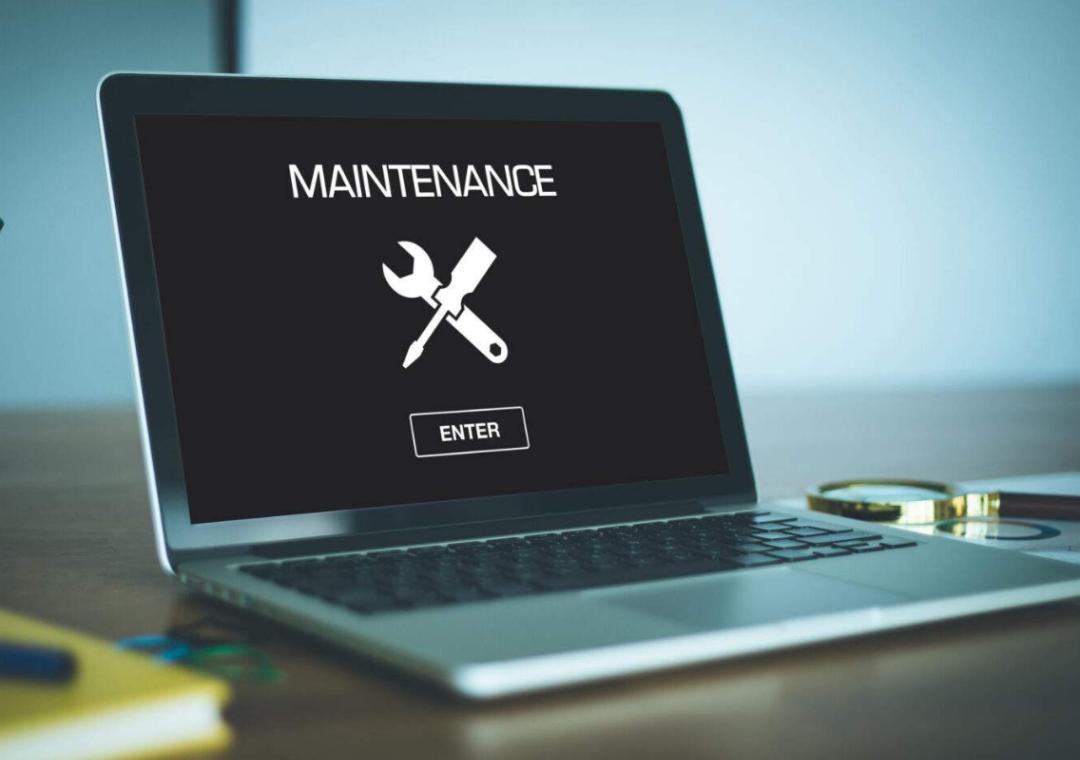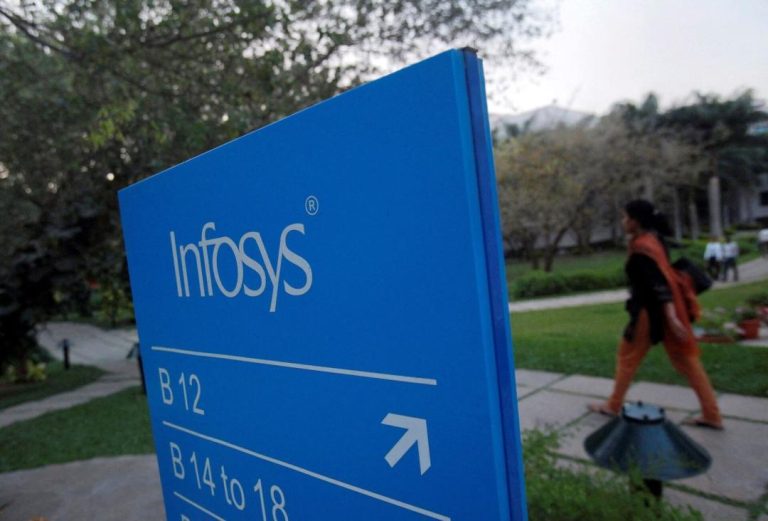
Why Website Maintenance is Non-Negotiable
In today’s digital landscape, having a website is no longer a luxury, but a necessity for any business or organization that wants to stay relevant and competitive. With the rise of the internet and social media, having a website has become the minimum requirement for establishing an online presence. However, launching a website is just the starting point. Regular updates and maintenance are essential to keep your website relevant, fast, secure, and in tune with changing user needs and industry standards.
In this blog post, we will explore the importance of website maintenance and why it’s non-negotiable in today’s digital age.
The Importance of Website Maintenance
Website maintenance is often overlooked or put on the backburner, but it’s a crucial aspect of website management. Regular maintenance ensures that your website remains fast, secure, and user-friendly, which in turn can have a significant impact on your online reputation and bottom line. Here are some reasons why website maintenance is non-negotiable:
- Performance and Speed: A slow-loading website can lead to a high bounce rate, which can negatively impact your search engine rankings and conversion rates. Regular maintenance ensures that your website is optimized for speed, which can improve user experience and search engine rankings.
- Security: With the rise of cyber-attacks and data breaches, website security is more important than ever. Regular maintenance includes updating plugins and software, patching vulnerabilities, and implementing security measures to protect your website and users.
- Content and Updates: Regularly updating your website with fresh and relevant content can improve user engagement, increase conversions, and boost search engine rankings. Maintenance includes updating content, adding new pages, and refreshing old content to keep users coming back for more.
- New Feature Rollouts: As technology advances, new features and functionalities emerge. Regular maintenance includes rolling out new features, integrating new technologies, and ensuring that your website stays ahead of the curve.
The Consequences of Neglecting Website Maintenance
Neglecting website maintenance can have severe consequences, including:
- Loss of Traffic and Engagement: A slow or unresponsive website can lead to a loss of traffic and engagement, which can negatively impact your online reputation and conversion rates.
- Security Breaches: Neglecting security updates can lead to security breaches, which can result in data loss, financial loss, and damage to your reputation.
- Search Engine Penalties: Failure to update and maintain your website can lead to search engine penalties, which can negatively impact your search engine rankings and online visibility.
- Loss of Credibility: A neglected website can lead to a loss of credibility and trust among users, which can negatively impact your online reputation and business.
The Website Life Cycle: A Guide to Ongoing Maintenance
The website life cycle is a process that involves the planning, development, testing, deployment, and maintenance of a website. Ongoing maintenance is a critical aspect of the website life cycle, and it involves regular checks and updates to ensure that your website remains fast, secure, and relevant.
According to Growth Jockey, the website life cycle stages are:
- Planning: The planning stage involves defining the project scope, goals, and objectives.
- Development: The development stage involves building the website, which includes coding, designing, and testing.
- Testing: The testing stage involves testing the website for bugs, errors, and functionality.
- Deployment: The deployment stage involves deploying the website, which includes launching and making it live.
- Maintenance: The maintenance stage involves ongoing updates, checks, and maintenance to ensure that the website remains fast, secure, and relevant.
Conclusion
In conclusion, website maintenance is non-negotiable in today’s digital age. Regular maintenance ensures that your website remains fast, secure, and relevant, which can have a significant impact on your online reputation and bottom line. Neglecting website maintenance can lead to a loss of traffic and engagement, security breaches, search engine penalties, and a loss of credibility.
By understanding the importance of website maintenance and the website life cycle, you can ensure that your website remains a valuable asset for your business or organization. Remember, launching a website is just the starting point – regular maintenance is essential to keep your website relevant and competitive.
Source:
Growth Jockey. (n.d.). Web Design and Development Life Cycle Stages. Retrieved from https://www.growthjockey.com/blogs/web-design-and-development-life-cycle-stages






